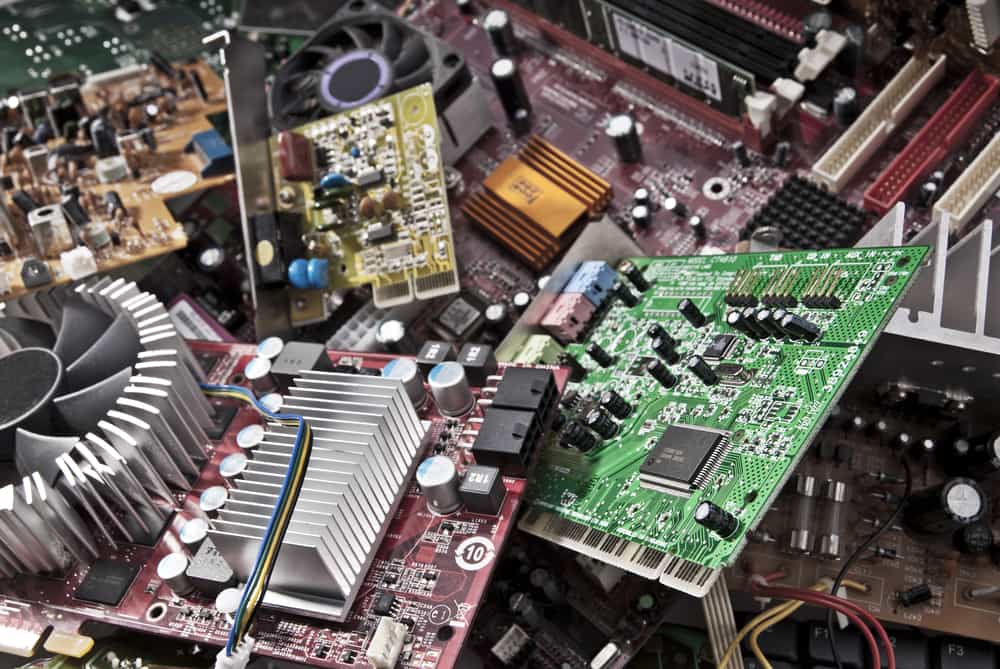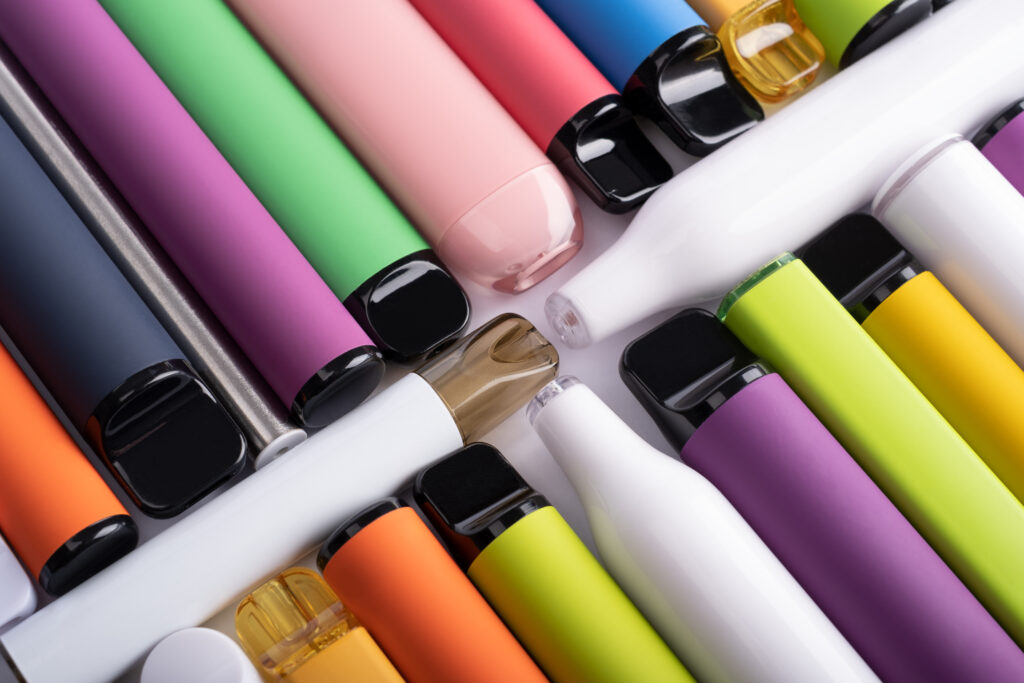The research was commissioned by Material Focus, the not-for-profit organisation funded by the WEEE compliance fee, and conducted by the Giraffe Innovation environmental consultancy.
Critical raw materials including gold, silver and palladium are vital in the manufacture of a wide range of electrical items, such as mobile phones, tablets and smart TVs.
Recyclers receive WEEE containing more than £148 million worth of critical and precious materials each year, the research suggested, with most of the gold, silver and platinum recovered overseas.
The researchers claim that many of the critical raw materials are lost through “existing recycling processes”, with more than 99% of all rare earth elements in electricals lost in dust generated by the pre-processing of WEEE and during existing metal recovery processes.
Scott Butler, Material Focus’s executive director, said: “This research highlights that critical raw materials don’t need to be lost, and for the first time shows the investment opportunities in building a circular economy for critical raw materials in the UK.
“If the UK recycled more lost waste electricals and invested in new waste electricals processing infrastructure, we could capture more of these valuable materials.”
Circular economy
Material Focus said the UK could capture more of these materials if it collected and recycled the 300,000 tonnes of WEEE thrown away by households each year and invested in new processing infrastructure.
The research showed the carbon footprint equivalent for mining the 379,000kg of critical and precious raw materials found in waste electrical components and circuit boards was 128,666 tonnes of CO2.
Overall demand for raw materials globally is expected to double between 2010 and 2030, Material Focus said, with demand for critical raw materials in particular expected to accelerate by 20 times during the same period.
Material Focus said creating jobs recovering these materials rather than mining for virgin equivalents would reduce the UK’s carbon footprint and “provide a key tool in the UK’s ability to move to a circular economy”.
Related links
Contributing towards a circular economy utilising Critical Raw Materials from Waste Electricals










Subscribe for free